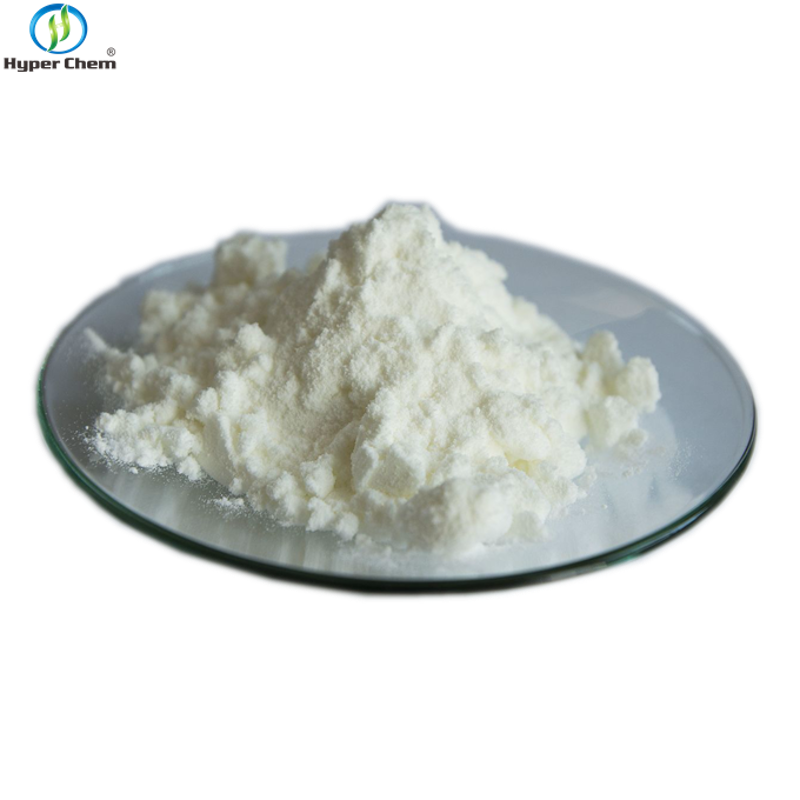-
Categories
-
Pharmaceutical Intermediates
-
Active Pharmaceutical Ingredients
-
Food Additives
- Industrial Coatings
- Agrochemicals
- Dyes and Pigments
- Surfactant
- Flavors and Fragrances
- Chemical Reagents
- Catalyst and Auxiliary
- Natural Products
- Inorganic Chemistry
-
Organic Chemistry
-
Biochemical Engineering
- Analytical Chemistry
-
Cosmetic Ingredient
- Water Treatment Chemical
-
Pharmaceutical Intermediates
Promotion
ECHEMI Mall
Wholesale
Weekly Price
Exhibition
News
-
Trade Service
Crohn's disease (CD), ulcerative colitis (UC) and unclassified IBD (IBDU) are a group of chronic diseases characterized by inflammatory bowel disease (IBD), which often occurs outside the intestines.
is the most common intestinal manifestation of IBD, with a prevalent rate of up to 70%.
associated with more serious disease levels, poorer quality of life, more frequent hospitalizations, longer hospitalizations and an increased overall medical burden.
the purpose of this study is to determine how the severity of anaemia affects the use of medical resources and whether the treatment of anaemia is associated with reduced utilization and costs.
researchers included patients with IBD at a level 3 referral center between 2014 and 2018 to determine whether patients had anemia based on the lowest hemoglobin levels recorded in their medical records, while the severity of anemia was determined by a World Health Organization assessment of the severity of anaemia, in which red blood Protein values of 11-12.9 (g/dL) are considered mild, while levels of 8-10.9 (g/dL) are considered moderate, and severe anemia is defined as Hgb levels of 8 (g/dL).
study included 1,763 IBD patients, including 966 (55%) CD patients, 799 (44%) UC patients and 18 (1%) unstyed IBD patients.
of these patients, 951 (54 per cent) suffer from anaemia.
patients with anaemia had significantly more hospitalizations, increased length of stay and higher medical costs than IBD patients without anemia.
of health care for patients with severe anaemia is higher and the total cost is higher.
intravenous or oral iron treatment did not reduce overall utilization or cost compared to untreated anemia patients (p .lt;0.0001).
the study concluded that the presence of anemia was associated with increased resource utilization in IBD patients, while an increase in the severity of anaemia was associated with increased utilization and costs.
is associated with increased disease activity and may represent signs of more serious diseases.
.







